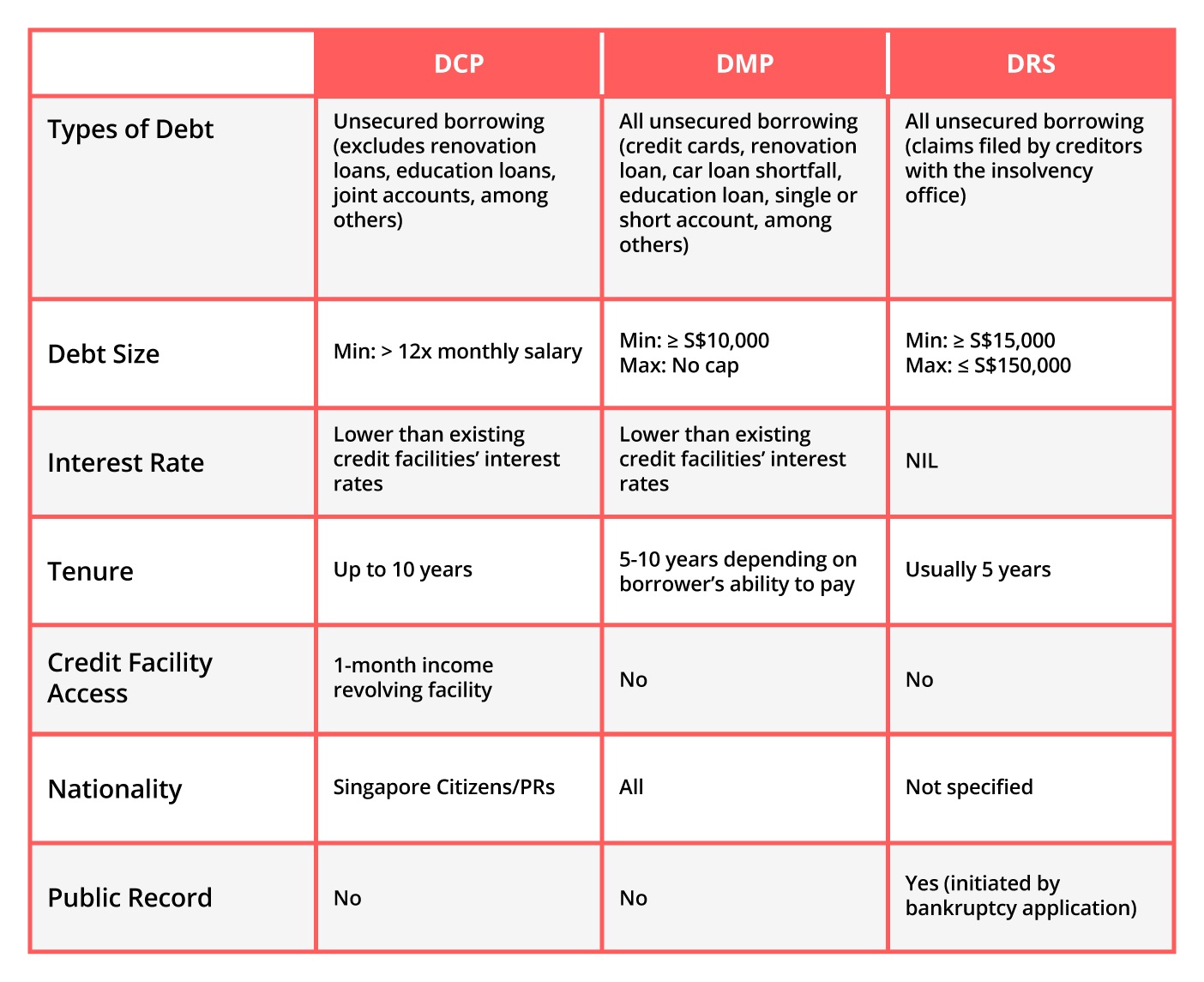Understanding the Role of Debt Management Plan Services in Financial Planning
Understanding the Role of Debt Management Plan Services in Financial Planning
Blog Article
Professional Tips and Techniques for Implementing an Effective Financial Obligation Administration Plan
When it comes to browsing the complexities of financial obligation management, having a well-balanced plan is crucial for accomplishing economic security. From analyzing your current financial standing to discussing with financial institutions, each action plays a pivotal role in shaping a successful financial debt monitoring plan.
Examining Your Existing Financial Scenario
Prior to starting a financial debt monitoring strategy, it is vital to completely examine your present monetary standing. Understanding your financial situation is the fundamental action in the direction of successfully handling and decreasing your debt. Begin by compiling a detailed list of all your debts, consisting of superior equilibriums, rate of interest rates, and minimum month-to-month settlements. This will certainly offer a clear introduction of the level of your financial commitments. Furthermore, evaluate your income resources and month-to-month costs to determine your non reusable revenue offered for debt repayment.

Creating a Realistic Budget
Understanding your existing economic circumstance lays the groundwork for developing a practical spending plan that lines up with your financial obligation management objectives and economic abilities. When producing a budget, it's crucial to properly track your revenue, costs, and financial obligation responsibilities. By categorizing your expenditures, you can determine areas where you might need to cut back to release up funds for financial obligation settlement.

Focusing On and Taking On Financial Debts
To effectively regain control of your financial resources and work in the direction of economic security, prioritizing and tackling your debts is a vital action in your financial debt monitoring strategy. Start by noting all your financial obligations, including bank card, finances, and any kind of various other superior equilibriums. Recognize high-interest financial debts that are costing you one of the most cash and focus on paying them off initially. By concentrating on these high-interest financial debts, you can conserve cash in the future and decrease the total quantity you owe.
After recognizing your high-interest financial debts, think about using strategies like the financial debt snowball or financial obligation avalanche technique to pay them off methodically. The financial debt snowball technique involves repaying the smallest debts initially, while the financial obligation avalanche technique prioritizes financial debts with the greatest rate of interest rates. Pick the approach that lines up finest with your monetary goals and encourages you to maintain making development.
Furthermore, consider bargaining with financial institutions for lower rate of interest or establishing a layaway plan if you're having a hard time to satisfy your existing obligations. Seeking assistance from a debt counselor or economic consultant can also offer beneficial understandings and guidance on just how to successfully tackle your financial debts - debt management plan services. By focusing on and resolving your financial obligations strategically, you can lead the means towards a debt-free future and improved economic wellness
Bargaining With Financial Institutions
When engaging in debt monitoring, bargaining with financial institutions is an essential action towards finding equally valuable options for financial obligation payment. Before launching arrangements, it is necessary to have a clear understanding of your monetary situation, including your income, expenditures, and the overall amount of debt owed.

Structure Healthy And Balanced Monetary Behaviors
Integrating regular budgeting practices is necessary for growing healthy monetary behaviors. Budgeting allows individuals to track their revenue and expenses, enabling them to make educated choices about their monetary top priorities. Establishing particular monetary objectives, such as saving for emergencies or retired life, can provide a clear roadmap for managing money successfully.
An additional key element of structure healthy and balanced economic habits is living within one's ways. This includes investing much less than what is earned and avoiding unnecessary financial obligation. Identifying and taking on a frugal state of mind between wants and needs can assist people make even more sensible investing selections.
Routinely examining monetary declarations and keeping an eye on credit records are crucial habits that advertise economic recognition and duty. By staying informed about their financial standing, people can recognize prospective problems at an early stage and take aggressive actions to resolve them.
Additionally, establishing a savings practice, also with percentages, can contribute dramatically to long-lasting financial security. Saving consistently not just builds a monetary pillow for unexpected expenses yet also cultivates a feeling of technique and obligation towards finance. By continually practicing these habits, people can lay a strong structure for a secure financial future.
Final Thought
Finally, executing a successful financial useful link debt monitoring strategy needs a detailed analysis of one's financial situation, the growth of a sensible budget, prioritizing and tackling debts, working out with lenders, and structure healthy and balanced monetary behaviors (debt management plan services). By adhering to these expert ideas and strategies, people can take control of their finances and work in the direction of achieving financial security and liberty from debt
Comprehending your present economic situation lays the groundwork for establishing a practical budget that aligns with your financial obligation administration objectives this contact form and economic capabilities.To efficiently reclaim control of your finances and work towards monetary stability, focusing on and tackling your financial debts is an essential step in your financial obligation monitoring plan.After identifying your high-interest financial obligations, think about making use of approaches like the debt snowball or debt avalanche technique to pay them off systematically. The financial obligation snowball technique includes paying off the smallest financial obligations first, while the financial obligation avalanche technique prioritizes debts with the highest interest rates.When involving in financial debt management, negotiating with creditors is a crucial step towards locating find out this here equally valuable remedies for financial debt settlement.
Report this page